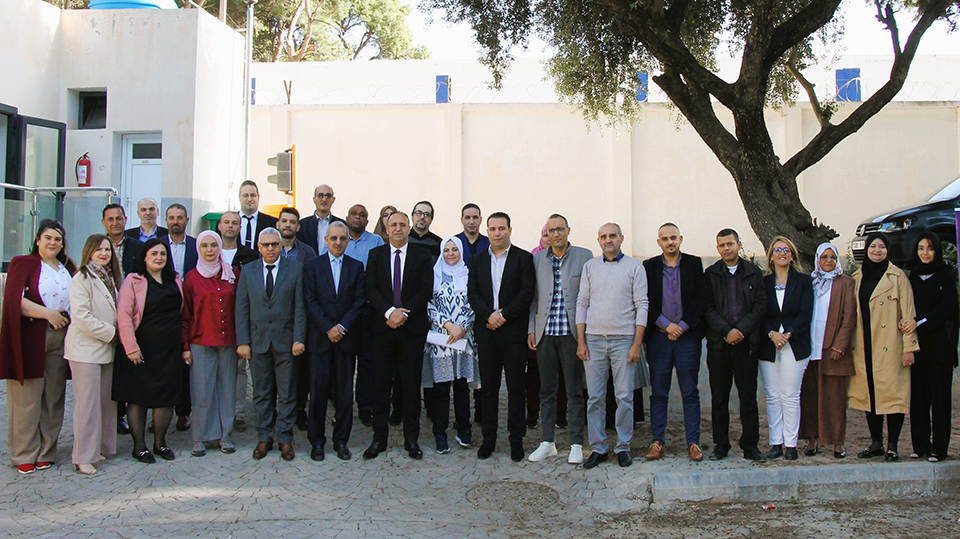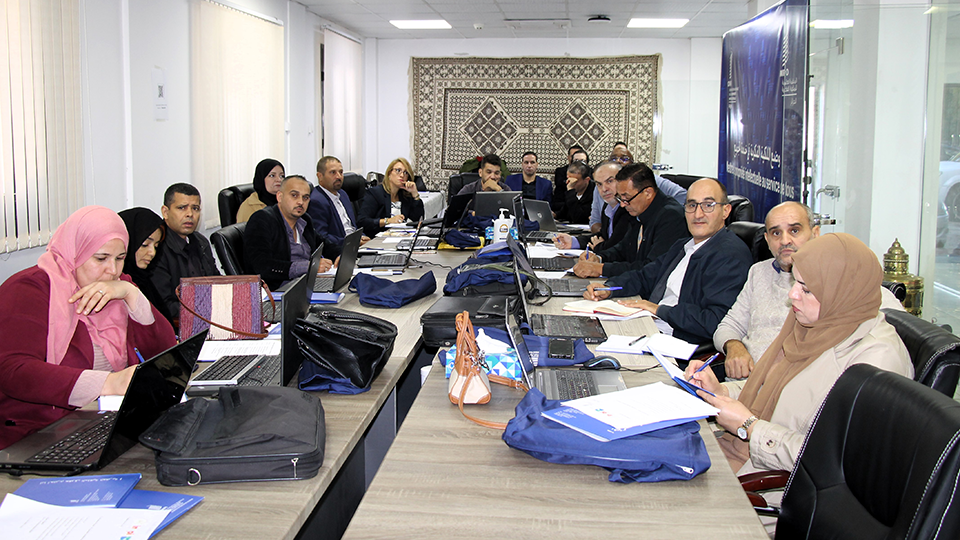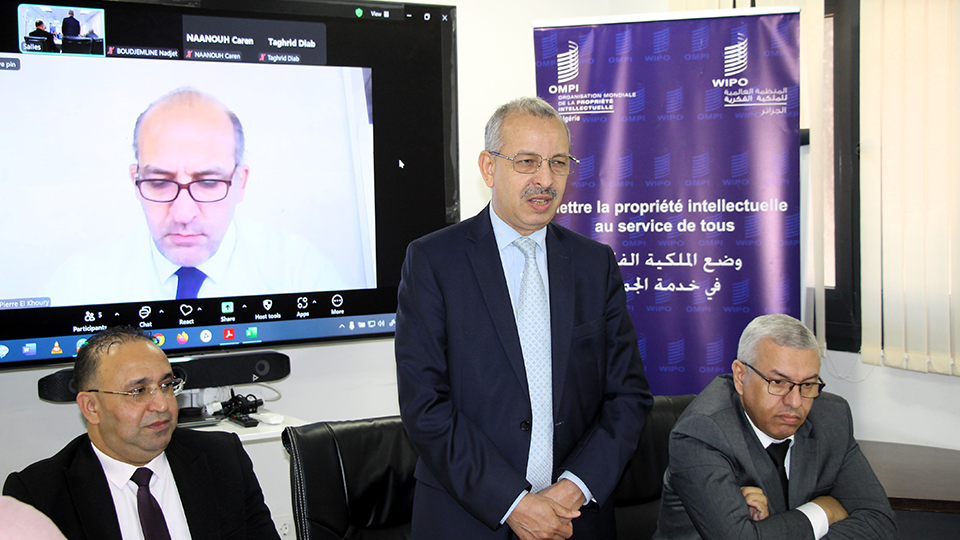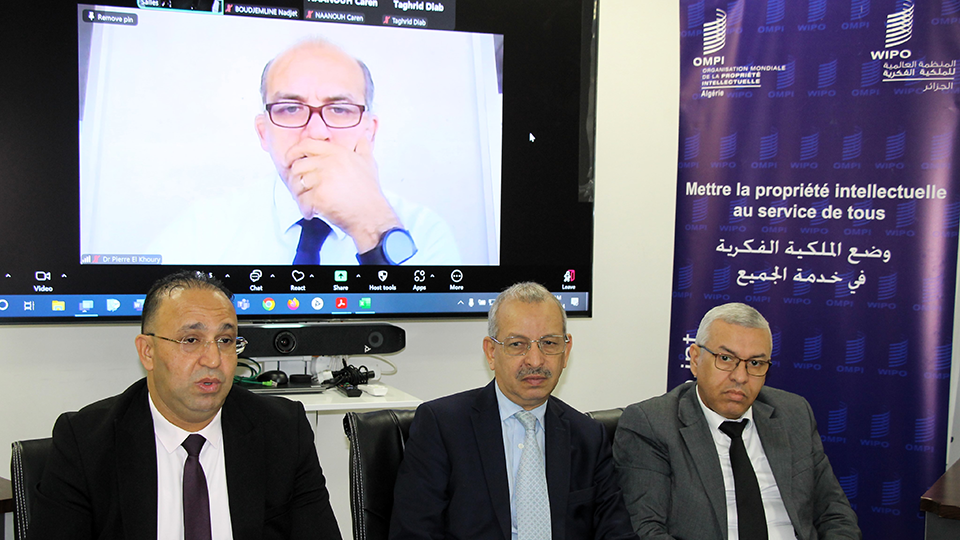IP and traditional handicrafts
November 20, 2024
From November 17 to 19, the World Intellectual Property Organization (WIPO) organized a pilot training course on intellectual property (IP) and traditional handicrafts for executives from the Department for Handicrafts, in cooperation with the Ministry of Tourism and Handicrafts, the National Industrial Property Institute (INAPI) and the National Copyright and Related Rights Office (ONDA).

The aim of the training was to increase participants’ awareness and knowledge of methods for exploiting and protecting creative and artisanal works, and to provide them with the necessary tools to support and guide artisans effectively in promoting their products.
Algeria enjoys a rich and varied handicraft heritage, employing thousands of people and contributing significantly to the country’s gross national product.
As in many countries, traditional handicraft draws on traditional techniques, skills and knowledge passed down from generation to generation, and deserves to be safeguarded. Handicrafts are both cultural and social assets, as well as economic assets. They are used and marketed by local communities, but are often subject to imitation, misuse and misappropriation.
The IP system offers protective instruments such as certification marks, collective marks, industrial designs, geographical indications, copyright, patents and unfair competition, which can be used by artisans and handicraft organizations to ensure the exclusive exploitation of their know-how and creations.

To strengthen the existing regulatory framework, WIPO member States approved a new treaty on IP, genetic resources and associated traditional knowledge on May 24, after decades of negotiation.
This is the first WIPO treaty to address the relationship between IP, genetic resources and traditional knowledge.
The training course is therefore designed to familiarize participants with the IP system and its protective instruments and, ultimately, to equip them with the required knowledge, which they can pass on to artisans and raise their awareness of the benefits of using this system.
By using the IP system wisely, artisans can promote their creations among customers, raise the profile of their products, increase their income and contribute more to local development and economic diversification in general.

The training is part of efforts by the Ministry of Tourism and Handicrafts to preserve the national heritage and to better promote handicrafts.
It is also the first pilot training course organized as part of the project to set up an IP training center which is currently under way in Algeria.
The opening ceremony included addresses by Mr. Kameleddine Bouame, Director General of Handicrafts, Mr. Samir Thaalbi, Director General of ONDA, Mr. Mohamed Saleck Ahmed Ethmane, Director of WIPO’s External Office in Algeria, and Ms. Nawel Helali, representative of INAPI.
